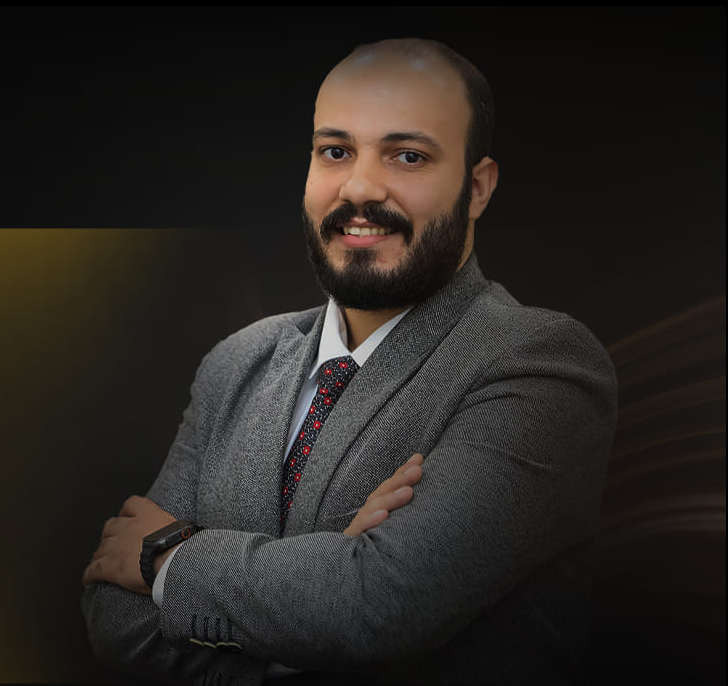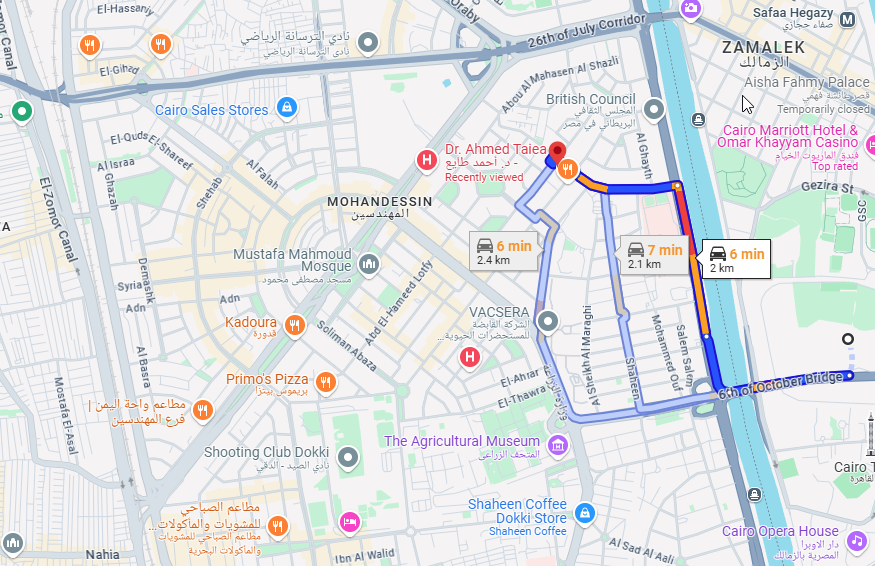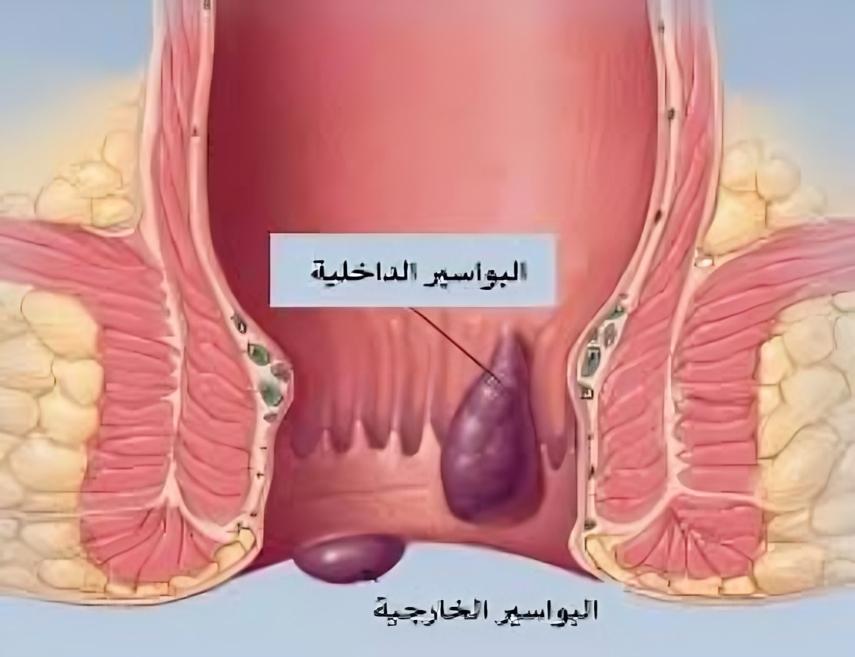🩺 Dr. Essam El Shaar – Specialist in General Surgery, Endoscopy, and Laser Treatment of Anal Diseases:
Dr. Essam El Shaar is a prominent consultant in general surgery and endoscopy, with extensive experience in treating anal diseases using the latest laser technologies. He is one of the leading specialists in this field, relying on innovative, non-surgical methods that help patients recover quickly with minimal pain.
📚 Education and Experience:
Master’s degree in General Surgery, Endoscopy, and Oncology: His specialization includes treating various diseases of the digestive system such as inflammatory bowel diseases, stomach ulcers, breast tumors, and glandular tumors.
Member of the Egyptian Society of Anorectal Surgery: An active member of the association that focuses on developing surgical methods for treating anorectal diseases.
Extensive expertise in laser techniques: Dr. Essam has deep experience in using laser technology to treat anal conditions such as anal fissures, hemorrhoids, and anal fistulas.
🛠️ Medical Services Provided by Dr. Essam El Shaar:
1. Laser Treatment of Anal Fissures:
Anal fissures are small tears in the skin around the anus, causing severe pain, especially during bowel movements.
Laser treatment offers:
Non-surgical approach to avoid complications that might arise from traditional surgery.
Quick pain relief.
Faster healing of the affected tissue with a reduced risk of infection.
2. Laser Treatment of Hemorrhoids:
Hemorrhoids are swollen blood vessels in the anal region, often accompanied by bleeding and pain.
Using laser technology, hemorrhoids can be treated effectively without the need for traditional surgery, offering:
Rapid pain relief after treatment.
Faster recovery and quicker return to daily activities.
Reduced side effects compared to traditional surgery, such as swelling and infections.
3. Laser Treatment of Anal Fistulas:
Anal fistulas are abnormal connections between the anus and surrounding areas, often leading to infection or abscesses.
Laser treatment for anal fistulas helps in:
Shorter recovery periods and quicker return to normal activities.
Improved healing and reduced risk of complications.
Significant pain relief compared to conventional surgery.
4. Treatment of Rectal Diseases:
Dr. Essam also treats a variety of rectal diseases, such as rectal inflammation, rectal prolapse, and in some cases rectal cancer, following necessary diagnostic tests.
The latest surgical techniques are used to effectively treat rectal problems with minimal pain.
🏥 Clinic Locations and Working Hours:
1. First Clinic – Mohandessin:
Address: Mohandessin, Al Agouza district, Mahmoud Khalil Al-Hosary Street, in front of Guel Hotel Al Agouza, Aviation Clinics.
Working Hours:
Sunday: 9:00 PM – 11:00 PM
Wednesday: 4:00 PM – 6:00 PM
2. Second Clinic – Nasr City:
Address: Jisr El Suez Street, Alf Maskan Square, next to Metro Alf Maskan, in front of Al-Abd Pastry, above Al-Zaeem Restaurant, second floor.
Working Hours:
Sunday, Tuesday, Thursday: 7:00 PM – 9:00 PM
📞 Contact and Appointment Booking:
Phone Number: +201552202428
💡 Why Choose Dr. Essam El Shaar?
Extensive Experience: Dr. Essam has great experience in treating anal diseases like anal fissures, hemorrhoids, and anal fistulas using laser technology, making him one of the most trusted specialists in this field.
Advanced Techniques: He uses the latest laser technologies in treatment, ensuring quick results with minimal pain and faster recovery time.
Personalized Care and Follow-Up: Dr. Essam provides personalized care for each patient and ensures regular follow-up to achieve the best results and prevent complications.
Guaranteed Results: Using advanced technologies such as laser ensures patients receive the best possible outcomes with less pain and a shorter recovery time.
📊 Benefits You Get with Dr. Essam El Shaar:
Non-surgical Treatment: Laser therapy offers a non-invasive alternative to traditional surgery.
Less Pain and Faster Healing: Laser treatment minimizes pain and accelerates the healing process.
Lower Risk of Complications: Laser treatment reduces the likelihood of complications compared to traditional surgeries.
Choose Dr. Essam El Shaar for the best innovative, fast, and safe treatment using laser technology!



